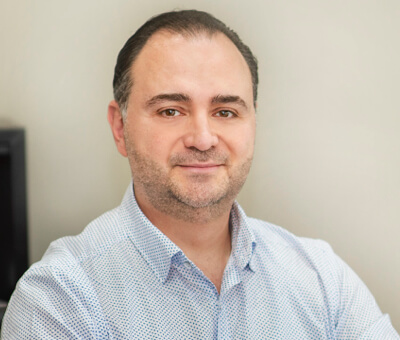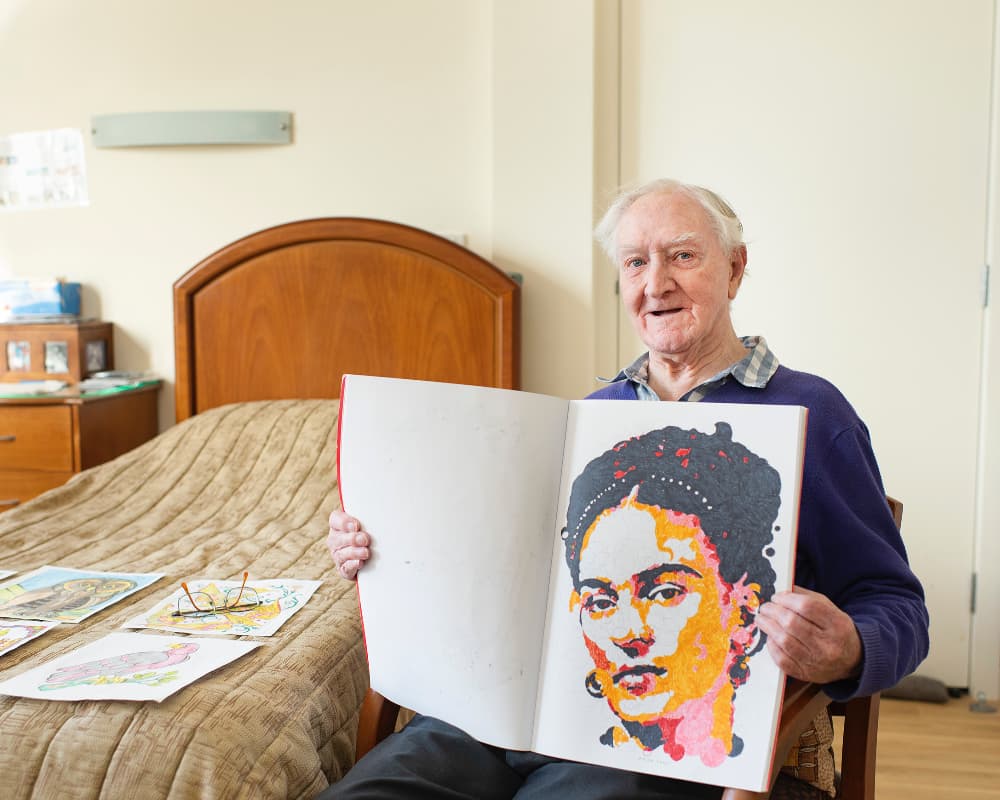Residential aged care Melbourne (Victoria)
Residential aged care Melbourne (Victoria)
How our vision of clinical care is implemented in each facility
Our vision at Hope Aged Care is shaped by our owner, Prof Dr Afid Hadj. As a retired trauma surgeon, he deeply understands the value of having well-trained, skilled, and experienced staff in our residential aged care homes in Melbourne and Swan Hill.
He shares this understanding with all our managers, and they make sure our front-line team knows it too.
At each of our four residential aged care homes, we have three important clinical roles: a clinical care coordinator, a service manager, and a quality coordinator.
Now, let’s find out more about what these people do.
Service managers at Hope Aged Care
Each home has a service manager, someone who oversees the daily operations of the facility. At Hope Aged Care, all our service managers are registered nurses.
“We find it important that our service managers have an understanding of clinical care and that is why we recruit registered nurses for these roles. It’s exceptional in aged care, but common practice here at Hope.”

Our service managers make sure we provide high-quality care while also managing staff and making sure we meet the regulatory standards. Having a registered nurse in such a key position, helps us ensure the highest level of medical expertise and compassionate care for our residents.
Clinical care coordinators at Hope Aged Care
Each facility at Hope Aged Care also employs a clinical care coordinator. They are also registered nurses. They lead the nursing team and oversee the clinical aspects of resident care.
“They coordinate with other healthcare professionals, manage resident care plans, ensure the implementation of clinical protocols, and monitor the overall health and well-being of all the residents.”

Their job is to make sure that the care methods are the best they can be and that every resident gets personalised and kind care.
Our clinical care coordinators report back to the service manager and quality coordinator of the residential aged care facility.
Quality coordinators at Hope Aged Care
Hope Aged Care has a quality coordinator for the 4 facilities. They are responsible for monitoring and improving the quality of care and services provided to our residents.
“They perform monthly audits at each site and supervise all quality processes. They make sure we are compliant with all quality standards, implement quality improvement plans, and often handle resident feedback to ensure continuous care enhancement.”

Their role is crucial in maintaining high standards and promoting a culture of continuous improvement within the aged care facility.

Professional education aged care
The importance of recruiting the best team members and keeping them
At Hope Aged Care, we work hard to find the best staff. For example, we focus on hiring registered and enrolled nurses with the right experience and skills, ensuring our residents receive the highest standard of care.
We also prioritise a positive work environment because happy staff lead to happy residents.
That’s why we have continuous education. Each month we meet with all the clinical care staff, to talk about what they need and what’s happening. If they need something like a blood pressure monitor, we allocate the necessary funds for it and make sure they get it quickly.
“As the Operations Manager and Financial Controller, I make it a point to attend all these meetings. My role is to engage with our team members, making sure they feel comfortable in communicating their ideas and concerns to me.”

Just as negativity can spread if staff feel undervalued, a positive atmosphere contributes to the overall well-being of everyone at Hope Aged Care.